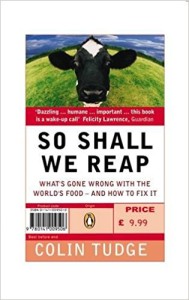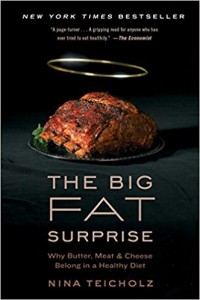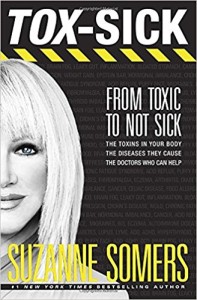Book Review: “So Shall We Reap; What’s Gone Wrong With the World’s Food – and How to Fix it” by Colin Tudge
 In this book, Tudge’s main concern is that those who have power and money behave as if farming is just another business to supply dividends to shareholders. He is one of many who have written about food and farming for the last couple of decades.
In this book, Tudge’s main concern is that those who have power and money behave as if farming is just another business to supply dividends to shareholders. He is one of many who have written about food and farming for the last couple of decades.
In the hospitality industry there is a thing called “accountants’ food” which simply means cutting costs to the bone, resulting in uninteresting food, and to hell with the widespread consequences. Then when the operation goes bankrupt, it’s all someone else’s fault. The problem is that in some cases chefs have been overruled by accountants who know almost nothing about commercial cookery. They only know about counting beans, not growing or cooking them.
The consequences of modern industrial agriculture have been written about and broadcasted for decades, but very large corporates which cause life-threatening consequences, if challenged, just reach for their lawyers. Then the voices of the complainants are silenced.
The causes of these problems are akin to “accountants’ food”; the shareholders and executives like to control agribusiness and the industrial food system, but know almost nothing about soil, climate, animal husbandry, cropping and other agricultural practises. In fact, as above, this lack of knowledge means that they are part of the problem, not part of the solution.
This makes Tudge, a winning science writer, and probably most of his readers pretty angry. So, he wrote about how to solve the problem. For food production to be sustainable it needs to be practised on the basis of biology not just financial profiteering. Science needs to be deployed to enhance sustainable agricultural practices, not kidnapped for commerce by trashing the soil, crops and animals. If the commercial imperative is ruthlessly pushed by continuing to do things like allowing irrigation with no care about saline build-up, clearing forests and hedges, then in the long term, the corporates are going to lose, because there will be hardly any clean land from which to feed the population in the future. It’s hardly rocket science.
Tudge explains the shortcomings of vegetarianism, veganism and organic agriculture. We consumers need to understand that the purpose of farming is to feed people, and continue doing that over the long-term, not just generate profit.
He calls the solution Enlightened Agriculture, which is mixed farming using crop rotation which puts nutrients back into the soil, benign animal husbandry and wildlife conservation. Also a fair deal for farmers so they are not being ripped off as hapless price takers by very large manufacturers and supermarket chains.
Conversely, a romantic image of socialism is not the solution, suggested by the idyllic image of Constable’s famous painting The Hay Wain.
 There have been about five decades of research on heart disease. In this book Teicholz has reviewed the literature and detailed the research on the diet-heart debate.
There have been about five decades of research on heart disease. In this book Teicholz has reviewed the literature and detailed the research on the diet-heart debate.